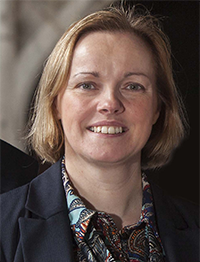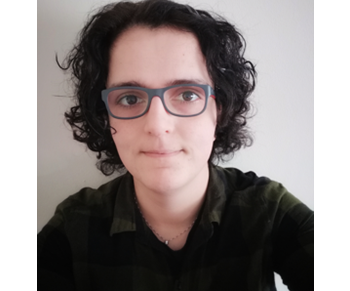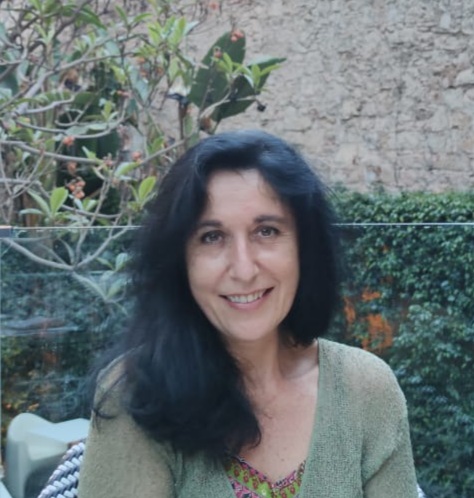
|
|
|
Conférences plénières
Jennifer MahonyUniversity College Cork Professor of Molecular Food Microbiology — Principal Investigator, APC Microbiome IrelandJennifer Mahony’s research explores interactions between bacteriophages and beneficial bacteria used in food fermentations, aiming to improve quality and sustainability (e.g. cheese, yogurt) and prevent phage-driven fermentation failures. She also works on plant-based alternatives, transferring know-how from dairy to improve taste/texture, and has led projects on phage-based therapeutics for gut infections (e.g. Shigella, ETEC) with support from the Bill & Melinda Gates Foundation. Overall, her work spans food science and global health by leveraging phage–host biology to reduce waste and address microbial infections. 
Giuseppina MarianoUniversity of Glasgow Career Development Fellow, MRC–University of Glasgow School of Infection & ImmunityDr Giuseppina Mariano studies bacterial anti-phage defence systems and their evolutionary dynamics. Her work spans Type VI secretion, flagellum assembly, and discovery of novel defence mechanisms in Pseudomonas and Serratia (Sir Henry Wellcome Fellowship). Her lab combines genomics, biochemistry and infection models to understand defences under clinically relevant conditions, informing the development of phage therapy strategies. 
Maite MuniesaUniversity of Barcelona Professor of Microbiology — Coordinator of Microbiology, Virology & Biotechnology SectionFocus on bacteriophages in transfer of virulence/antibiotic-resistance genes and as indicators of fecal contamination; key work on Shiga toxin phages, gene mobility, and gut-associated crAssphage. Author of 150+ papers (h-index 46), ICREA Acadèmia 2023. 
Dmitriy MyelnikovUniversity of Cambridge Department of History & Philosophy of ScienceHistorian of biology & medicine; works on histories of genetic engineering, animal experimentation, and bacteriophage therapy across the Iron Curtain, with a special focus on Soviet-era Georgia and Ukraine. 
Rob LavigneKU Leuven Laboratory of Gene Technology, Department of BiosystemsProf. Rob Lavigne is a molecular microbiologist and Full Professor at KU Leuven, where he leads the Laboratory of Gene Technology. His research focuses on the molecular biology of bacteriophages, phage–host interactions, synthetic biology, and the development of novel antimicrobial strategies. His lab integrates multi-omics approaches (including transcriptomics and genomics) to map phage infection dynamics and engineer synthetic circuits in model and non-model bacterial hosts. He is a fellow of the European Academy of Microbiology and serves as the ambassador to Belgium for the American Society for Microbiology. He previously served as President of the International Society for Viruses of Microorganisms (ISVM) and as Chair of the ICTV Committee on the Taxonomy of Bacterial Viruses. Over his career, Lavigne has published 350+ peer-reviewed papers, supervised 42 PhD students, and his research and patents helped found three spin-offs (Lysando AG, Obulytix & Landman.Bio). |

